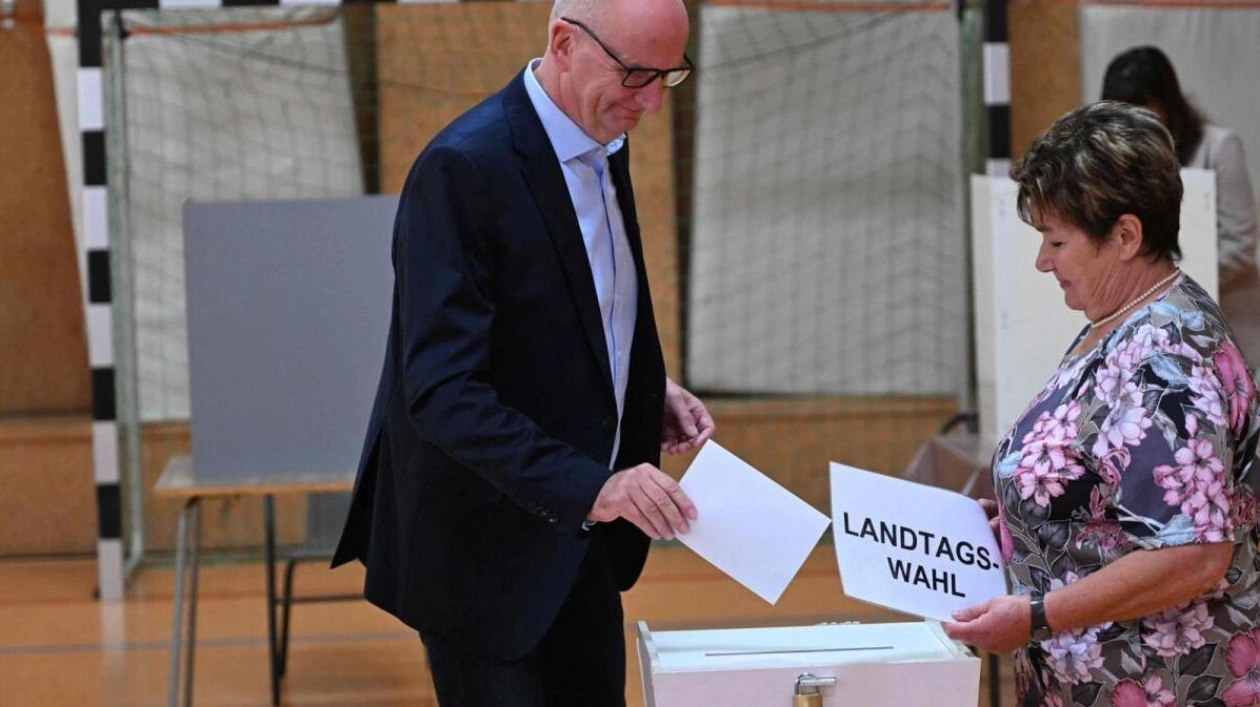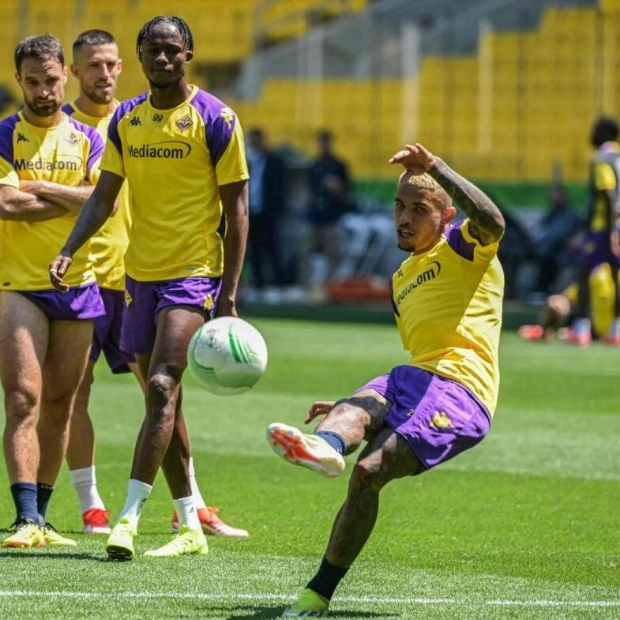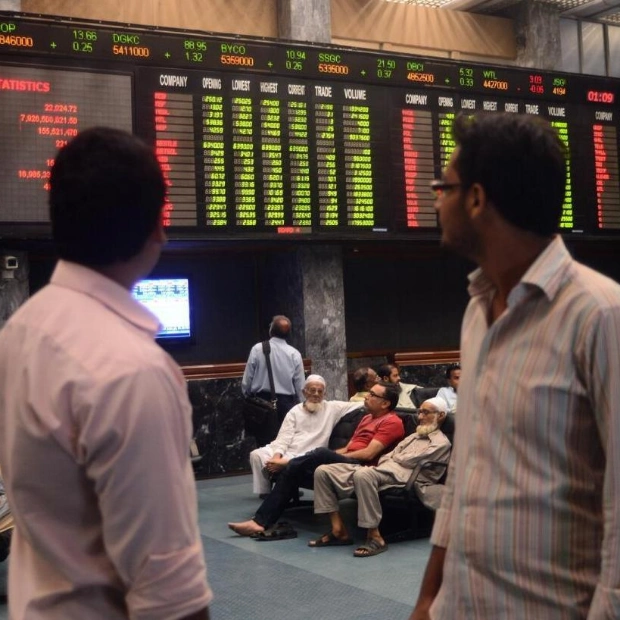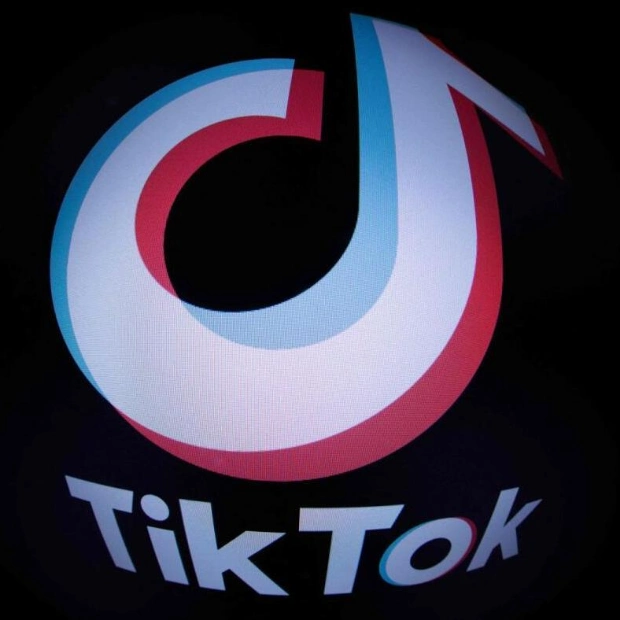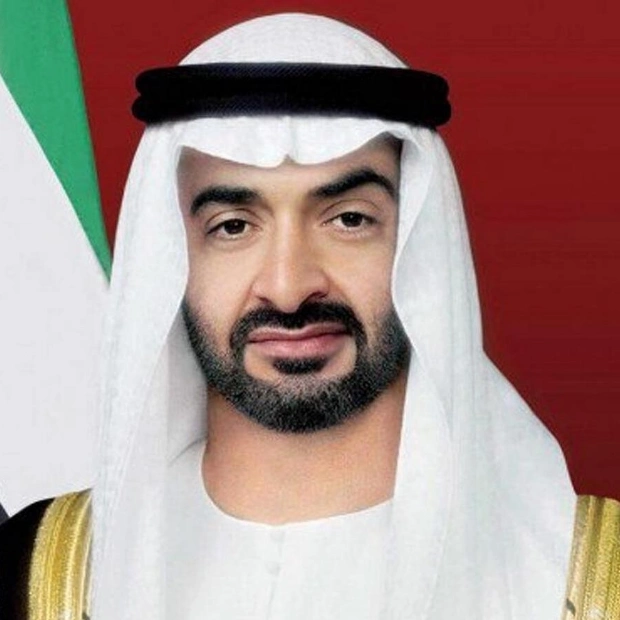German Chancellor Olaf Scholz's Social Democrats (SPD) managed to fend off the far-right in a regional election on Sunday, though this victory is likely to offer only a temporary respite from the mounting criticism of his leadership within his own party. The centre-left SPD staged a late surge in the eastern state of Brandenburg, where they have been in power since reunification in 1990 and Scholz holds his own constituency, securing a win with 30.9% of the vote.
The far-right Alternative for Germany (AfD), which had been leading in polls for the past two years in Brandenburg, garnered 29.2% of the vote, according to preliminary official results from the State Electoral Commissioner. Despite this, the AfD saw a 5.7 percentage point increase compared to the last Brandenburg election five years ago, marking the first time since World War II that a far-right party has won a state election in Germany.
The AfD's momentum continues to grow as it exploits concerns about the cost-of-living crisis in Europe's largest economy, irregular immigration, and a potential escalation of the war in Ukraine due to German weapons deliveries to Kyiv. Additionally, an exit poll published by broadcaster ARD revealed that three-quarters of SPD voters did not support the party out of conviction but rather to prevent the AfD from gaining power. This election saw a record turnout of 72.9%.
Brandenburg's SPD premier Dietmar Woidke distanced himself from Scholz, who is currently Germany's least popular chancellor on record, and even criticized the federal coalition's policies and constant infighting. Consequently, the regional election results are unlikely to quell the growing debate within the SPD about whether Scholz is the right leader for the party heading into next year's federal election, given his perceived hesitant leadership and poor communication skills.
When asked on Sunday if the SPD federal leadership was the right one, Woidke declined to answer, stating, "But we must also learn the lessons from this election," emphasizing that the SPD needed to reconnect with the people. "Especially at the federal level, there is a lot of catching up to do in the coming months and years."
The SPD is currently polling at just 15% nationally, down from 25.7% in the 2021 federal election, trailing behind the AfD at around 20% and the opposition conservatives at 32%. Last week, the mayor of Munich, Germany's third-largest city, suggested that the SPD should consider fielding popular Defence Minister Boris Pistorius, 64, as its candidate for the 2025 elections. However, party insiders believe that Scholz, 66, who has already announced his intention to run for a second term, is unlikely to step aside, and more senior officials remain loyal to him.
The junior partners in Scholz's ideologically diverse coalition had poor showings in Sunday's election, which could exacerbate tensions in Berlin. The Greens failed to meet the five percent threshold to enter the state parliament for the first time in two decades, securing only 4.1% of the vote, while the pro-business Free Democrats (FDP) managed less than one percent.
FDP Vice Wolfgang Kubicki warned, "Either the traffic light coalition shows that it can draw the necessary conclusions from these elections, or it will cease to exist. This is a matter of a few weeks. We won't wait until Christmas. We can't put the country through that." Last week, FDP leader and Finance Minister Christian Lindner called for an "autumn of decisions," giving a cryptic response when asked if his party would break up the coalition.
Analysts, however, suggest that the government is unlikely to collapse as none of the three coalition parties would currently benefit from snap elections. Combined, they are currently polling at around 30%, less than the conservatives alone.
